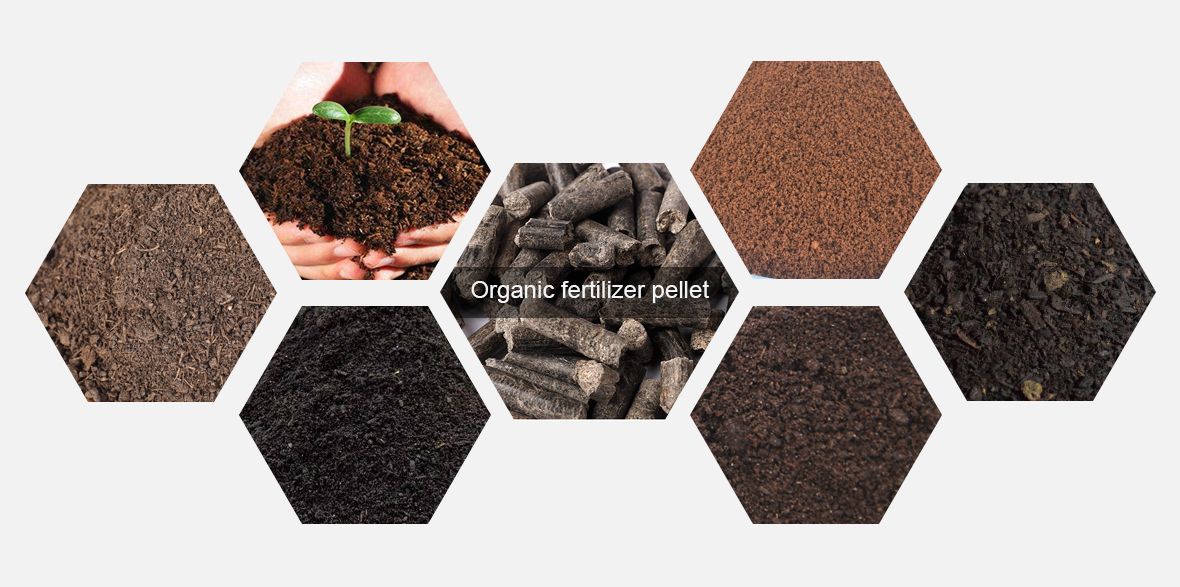Poultry Litter for Fertilizer

There has been increased interest in using poultry litter as fertilizer since fertilizer prices have skyrocketed. Poultry litter has long been used near the point of production, but high transportation costs for its low analysis has limited its use to within about 50 miles of poultry houses. The ultra-high fertilizer prices of 2007 and 2008 have increased the geographical range within which it can be profitably used.
Some may be unfamiliar with what poultry litter is. It is poultry manure mixed with the bedding (wood shavings, rice hulls, etc.) that is scooped up when the houses are cleaned. The nutrient content of the litter can vary tremendously depending on the house clean-out technique, storage methods of the litter and other factors. We recommend testing the litter for nutrient content.
Without testing, we use an average nutrient percentage content of 3-3-2. This means an average ton of poultry litter contains 60 pounds of nitrogen, 60 pounds of phosphate (P2O5) and 40 pounds of potash (K2O) per ton of litter. Poultry litter also contains some amounts of all the other essential elements for plant growth, but the amounts are usually small. It is also a source of organic matter for the soil. If the litter has not been composted (most is not), there may be some small-seeded weeds, like pigweed, in the litter.
Since most of the elements contained in poultry litter are in the organic form, they are not all available the first year. Also, some of the nitrogen will be lost as a gas if the litter is not incorporated. As a general rule, assume that about 75 percent of the P and K will be available the first year and the remainder will become available the next year. That means that about 45 pounds of phosphate and 30 pounds of potash will be available the first year the litter is applied.
If the litter is surface-applied and not incorporated into the soil, about 25 percent of the nitrogen in the litter will be lost. Of the remainder, about 75 percent will be available the first year. So, if litter is applied to the soil surface and not incorporated into the soil, you will probably get about 30-35 pounds of nitrogen per ton of litter the first year.
Poultry litter can be applied at any time of the year, but, like all fertilizers, it is best to apply near the time of crop uptake. This means in the spring for summer pastures and in the early fall for winter pastures. In Oklahoma, anyone applying poultry litter must be certified by the state.
To avoid pollution of surface waters, do not apply poultry litter near ponds, creeks or rivers. Avoid application to very steep soils where it will wash away, and do not apply to frozen soils since it will move down the slope if rainfall occurs.
Is poultry litter right for you? That depends on the price and your individual soil test results. If your soil is high in P and K, poultry litter will probably not be economical since you do not need those nutrients and they make up a large portion of the product. If your soil is low or medium in these nutrients, it may be economical to use poultry litter.
Most of the cost of poultry litter is in transportation and application. The closer you are to the source, the cheaper the product will be. I am not going to try to establish how economical it will be for a certain individual in this article. The cost of the material varies tremendously and the cost of fertilizers is so dynamic at this time that any values will be quickly obsolete. Keep in mind that a ton of poultry litter will contain a usable analysis of about 45-60-40 and figure the value based on that analysis.
From the above, you should have seen the advantages of poultry litter. As a very common raw material, poultry litter is currently mainly used to process organic fertilizer pellets.
If you want to start an organic fertilizer processing business, want to build an organic fertilizer production line, or want to purchase a single organic fertilizer pellet making machine, chicken manure pellet machine, poultry manure pellet machine, feel free to contact RICHI Machinery to get the organic fertilizer plant construction plan and organic manure making machine quotation!